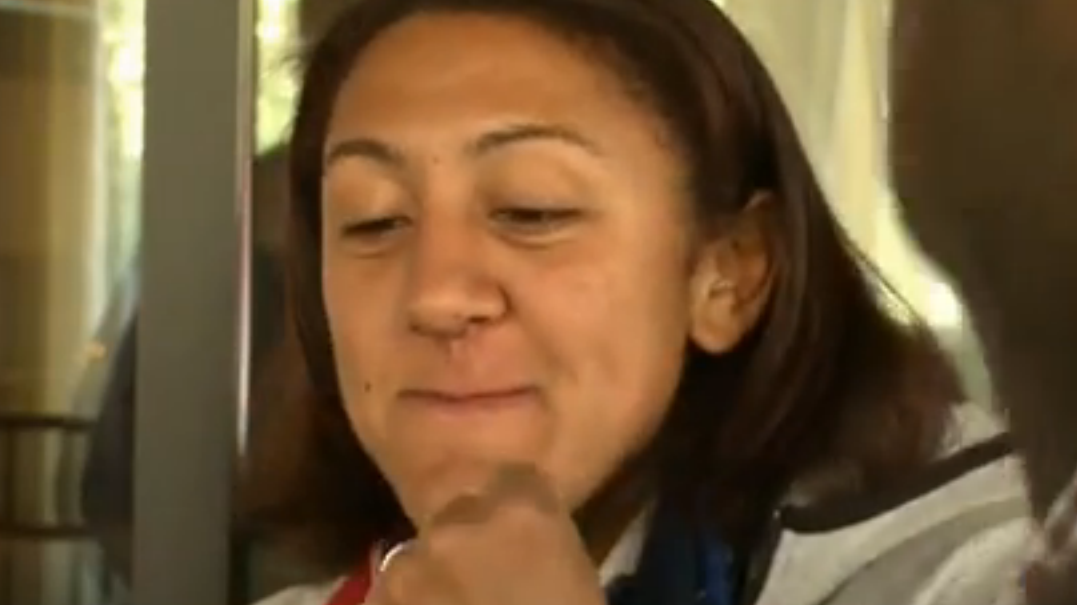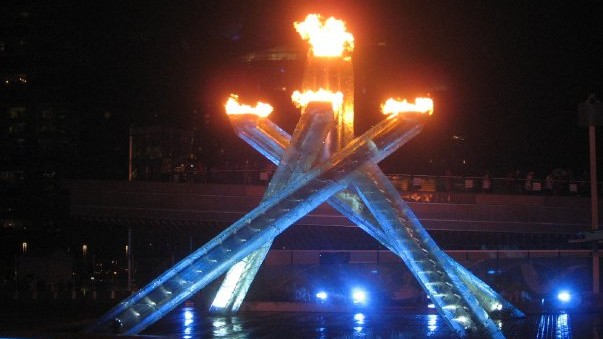From the beginning, I knew it was going to be different.
The 2014 Winter Olympics have long carried a different air about them than the 2010 Games. I covered those Olympics in Vancouver, and I remember my anticipation for how they would unfold. I expected a madcap, dizzying three weeks in Canada, featuring daily discoveries and once-in-a-lifetime experiences.
Sure enough, within days I was chronicling the local food, spotting NBC celebrities, and wholly enjoying the long days and crazy hours.
Here is what I wrote back then:
This is one of those assignments where you know exactly what you are signing up for when you accept it. You know the days are going to be long, the free time is going to be short, and the days off are going to be none. But you also know you are going to have an amazing, unique experience and receive access most would crave.
If those Olympics were wild and free, these Olympics appear to be anything but.
This time, I thought I knew exactly what I was signing up to do, especially since I had already done it once before. But this time, the Olympics are in Russia, not Canada. This time, the Games were preceded months in advance by controversy surrounding the Russian government, from its policies on gay rights to its behind-the-scenes machinations involving the Games.
And this time, most disturbingly, the Olympics have been besieged by threats of terrorism.
A quick Google search shows how serious these Games have become.


